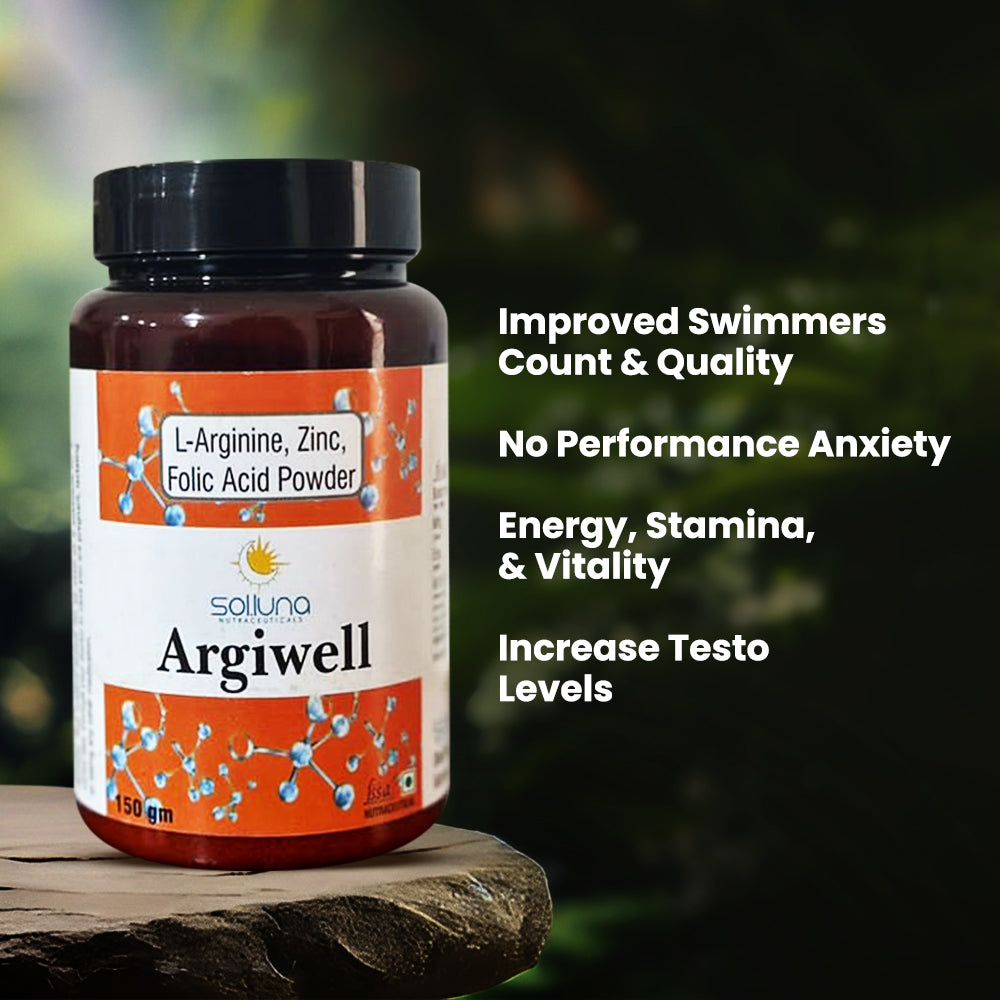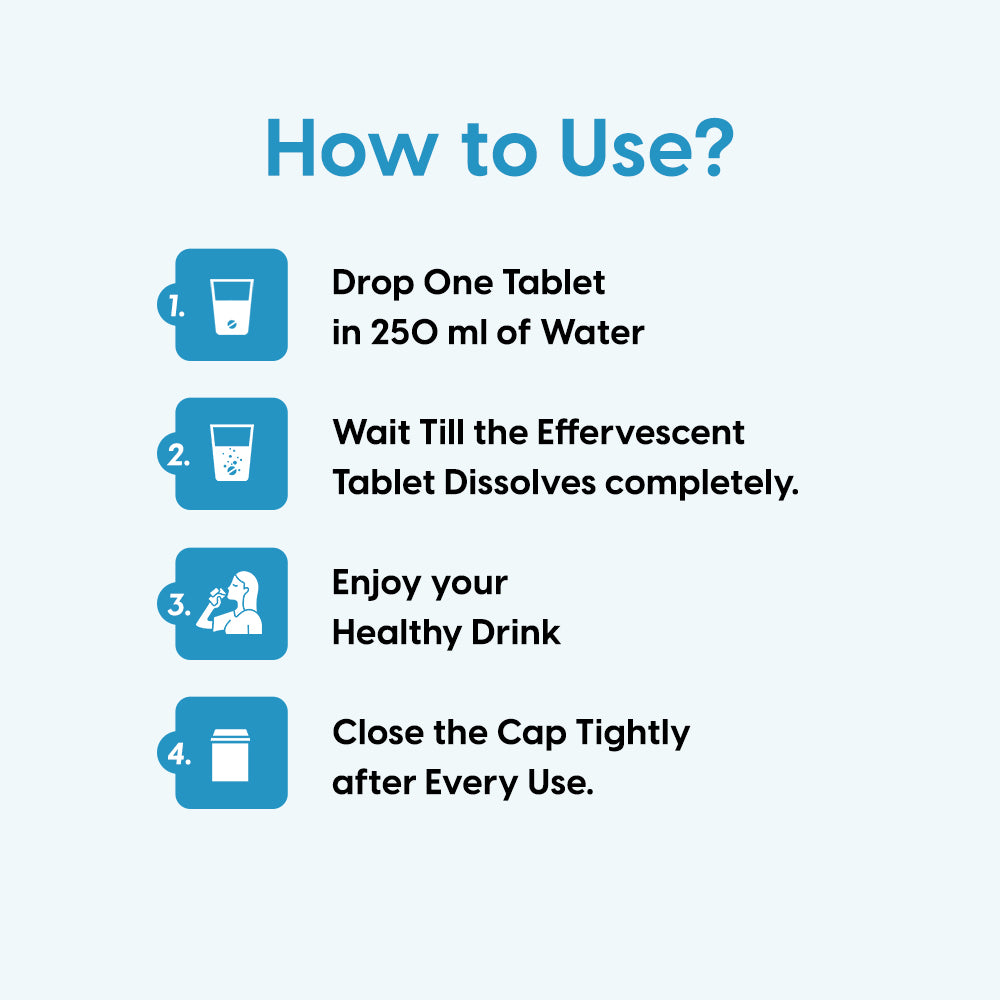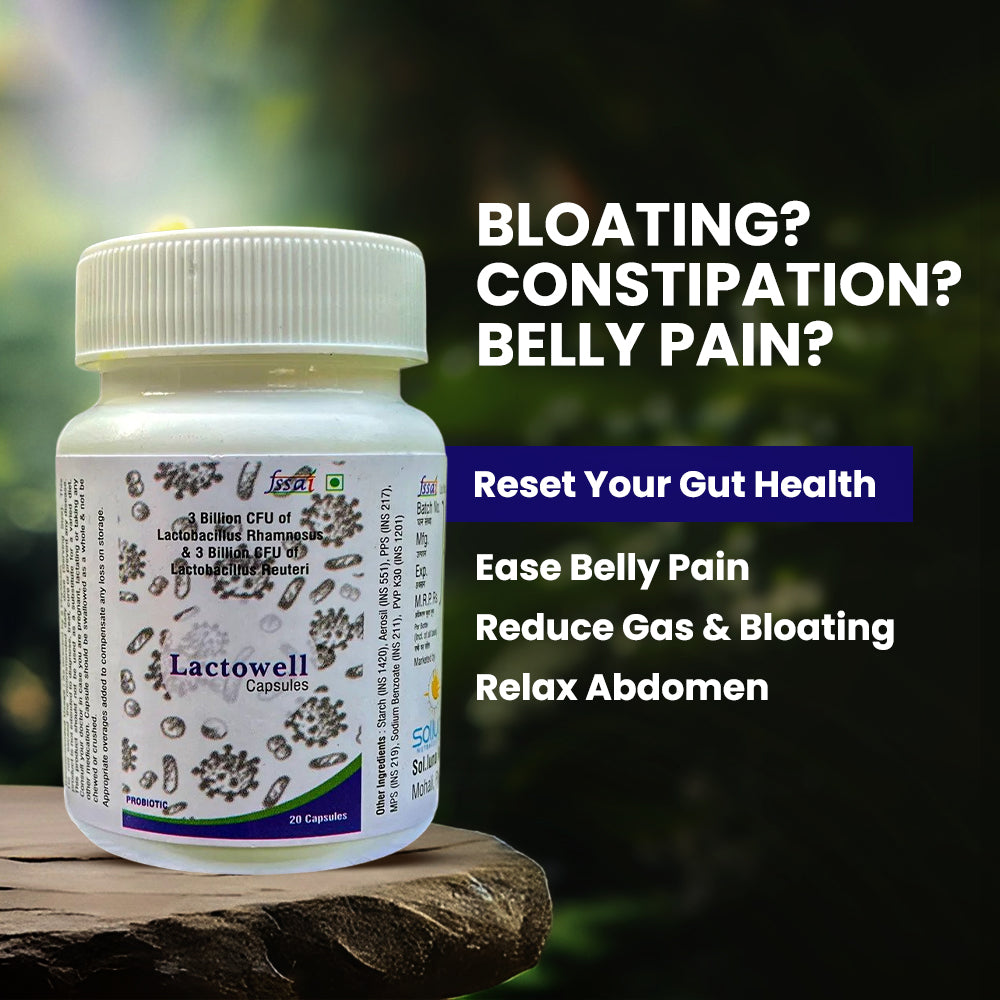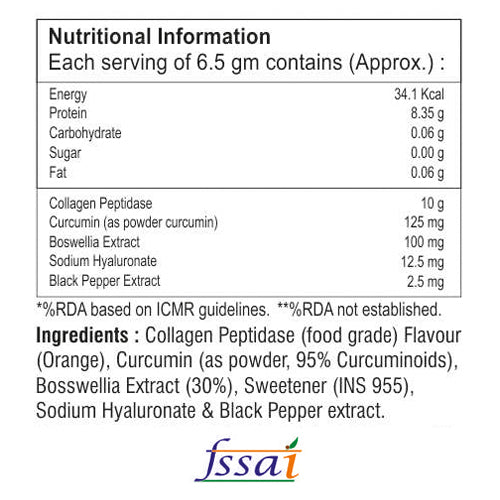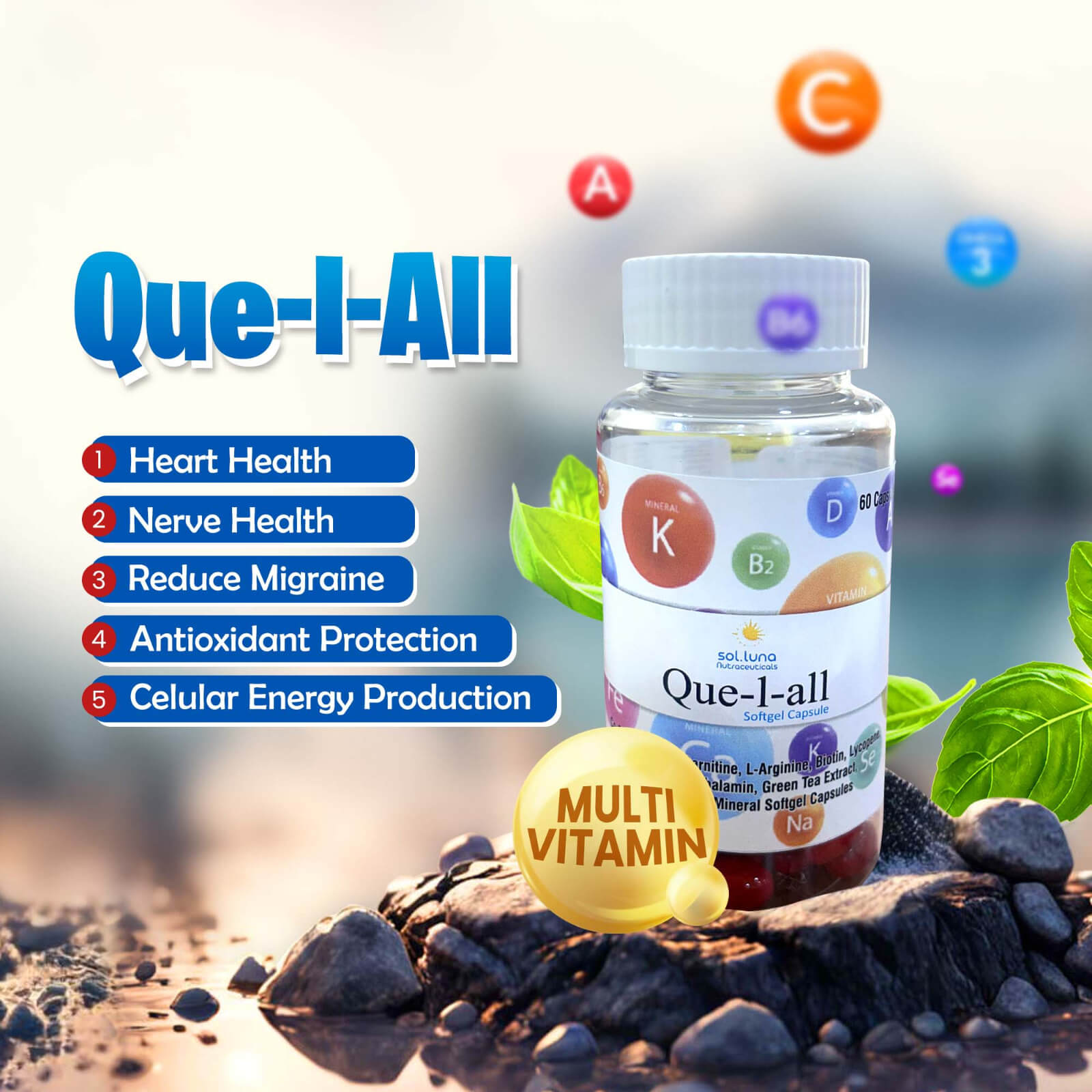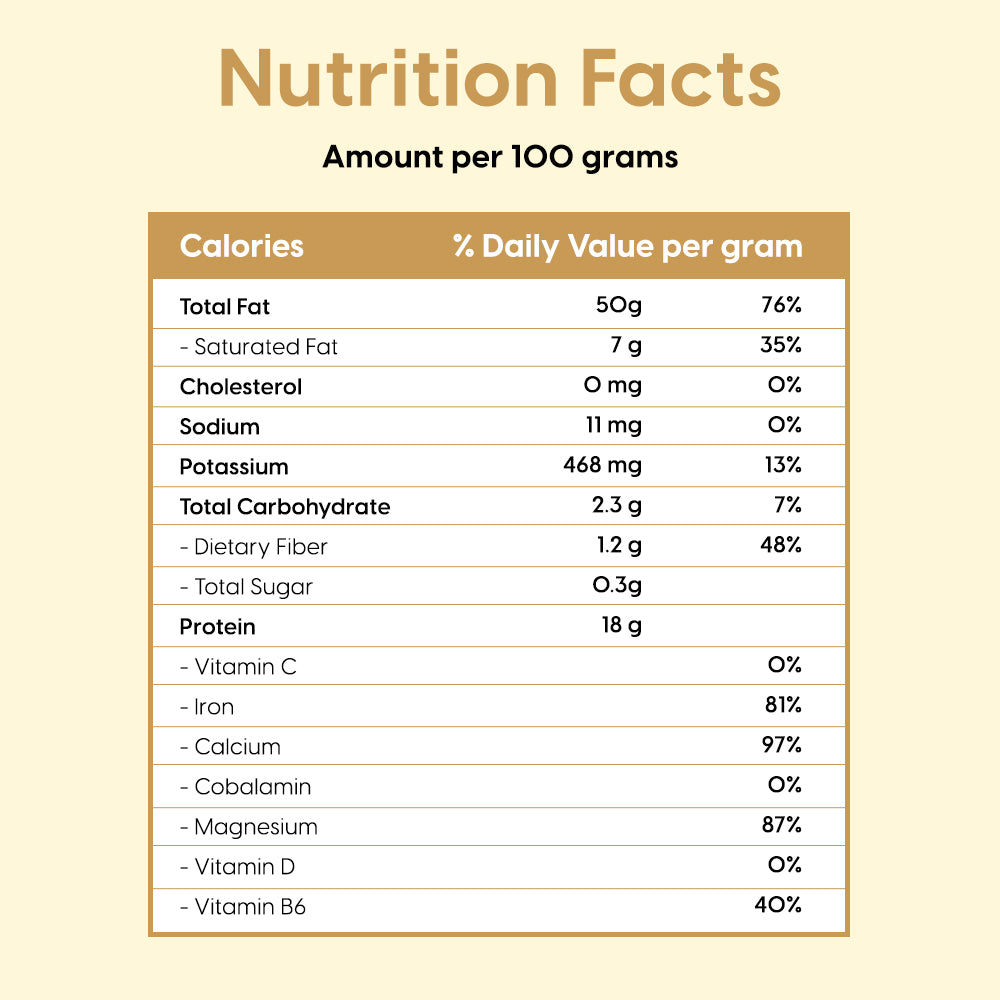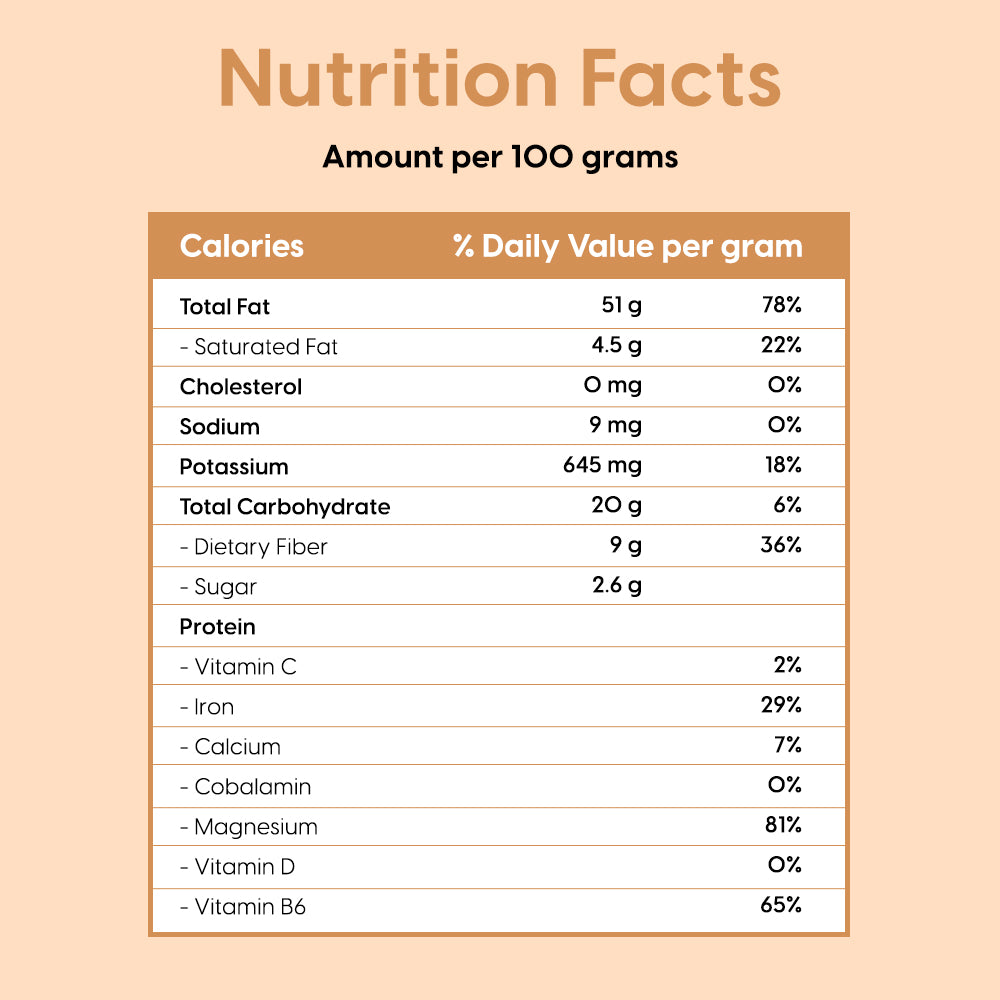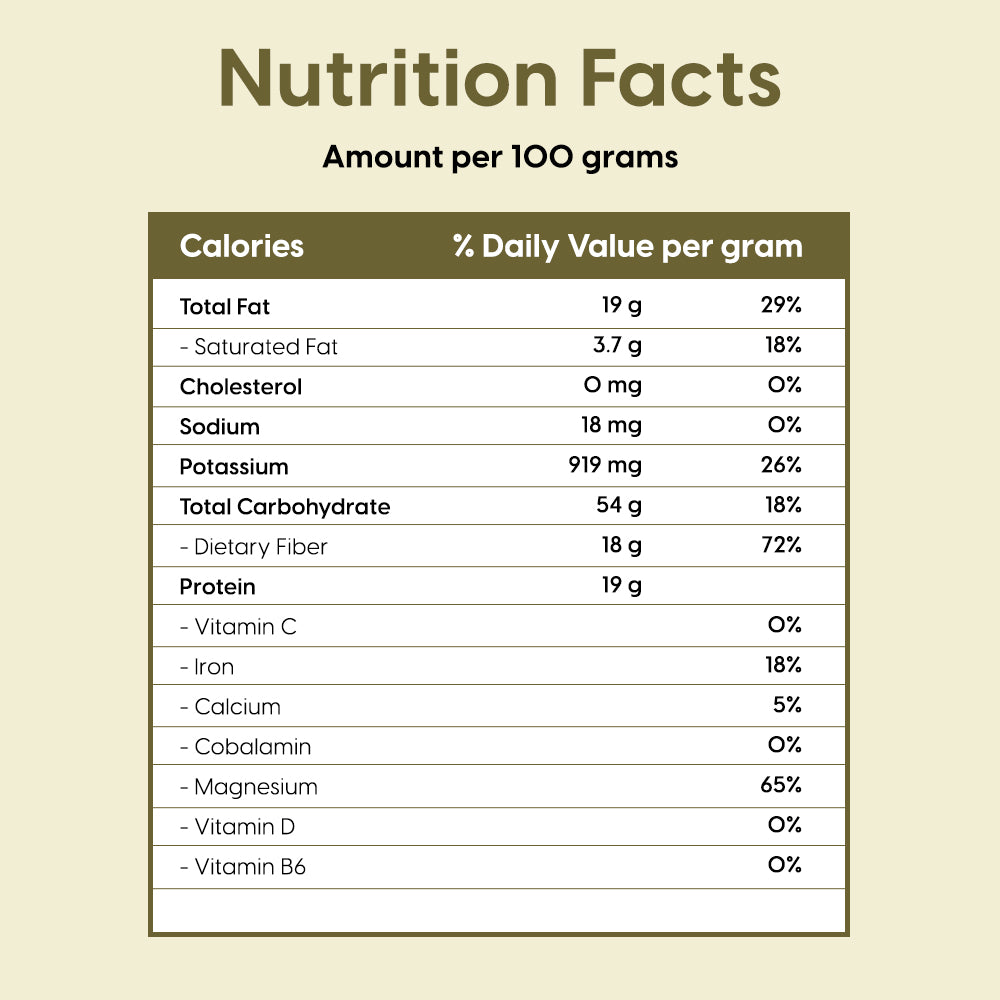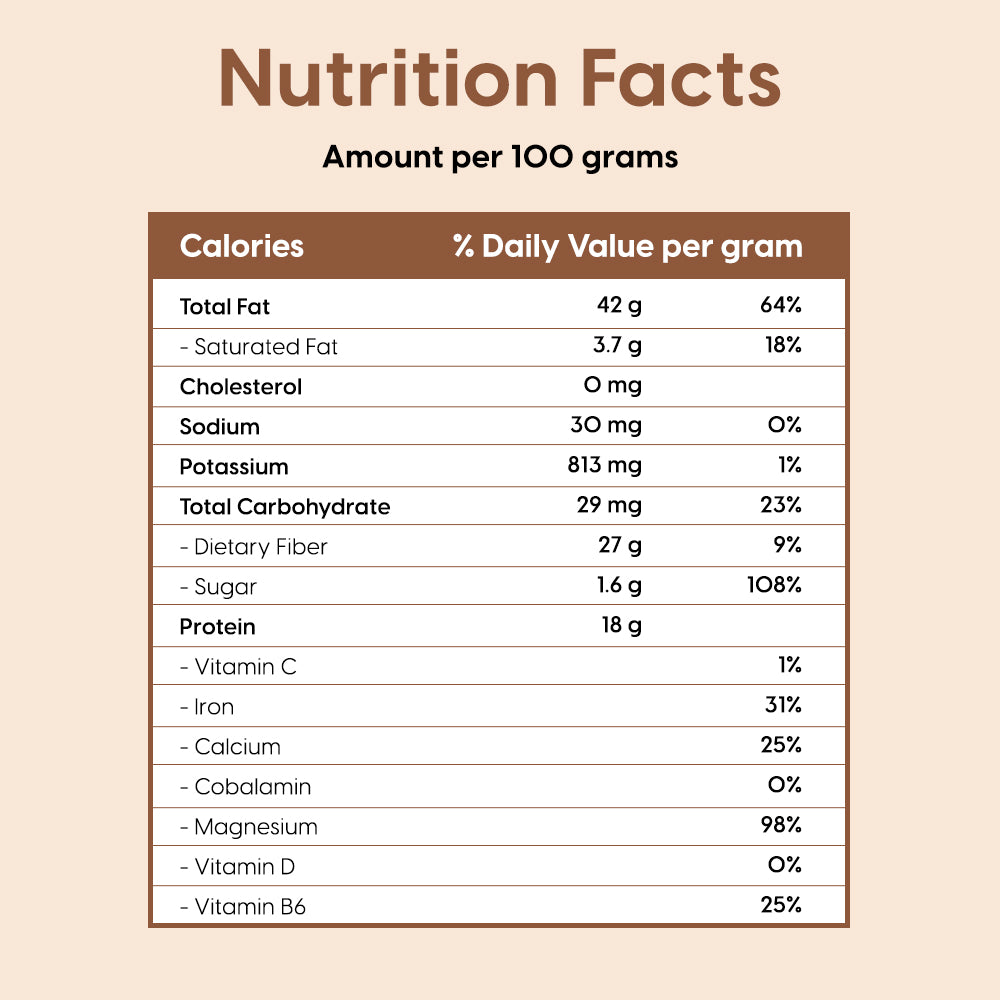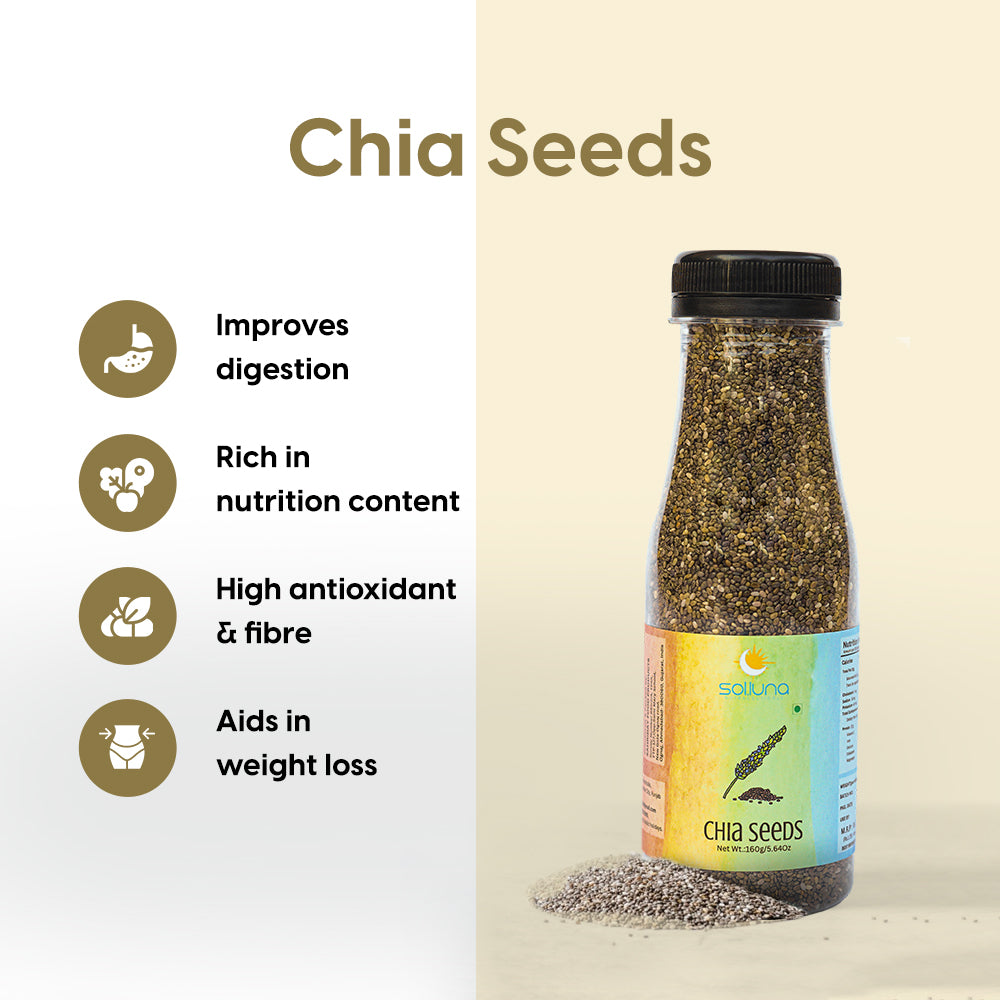
Navigating Health Supplements: Understanding Why and When to Consider Them

Introduction
In today’s fast-paced world, where wellness and self-care have taken center stage, the concept of health supplements has become a common topic of conversation. While a balanced diet remains the cornerstone of good health, there are situations where supplements can play a beneficial role in bridging nutritional gaps and supporting overall well-being. In this article, we explore the reasons behind incorporating health supplements into your routine and discuss when they might be most beneficial.
The Role of Supplements
Health supplements are formulated to provide essential vitamins, minerals, and other nutrients that may be lacking in your regular diet. They can serve as a valuable complement to a well-rounded eating plan by helping to fill in the nutritional holes that might arise due to dietary restrictions, lifestyle choices, or specific health needs.
When to Consider Supplements
- Nutritional Deficiencies: If you have been diagnosed with a nutritional deficiency or are at risk of developing one due to dietary restrictions (e.g., vegetarian or vegan diets), supplements can provide the missing nutrients your body needs. Common deficiencies include vitamin D, vitamin B12, iron, and calcium.
- Specific Health Conditions: Certain health conditions may require higher levels of specific nutrients. For instance, pregnant women might need additional folic acid and iron, while individuals with osteoporosis might benefit from calcium and vitamin D supplements.
- Age-Related Needs: As we age, our nutrient requirements can change. Older adults might consider supplements to support bone health, cognitive function, and immune function.
- Athletic Performance: Individuals engaged in rigorous physical activities or athletes with intense training routines might require additional nutrients for muscle recovery, energy production, and overall performance.
- Dietary Restrictions: If you follow a restricted diet due to allergies, intolerances, or cultural reasons, certain nutrients might be lacking. Supplements can help bridge these gaps and prevent potential deficiencies.
- Lifestyle Factors: Stress, pollution, and modern lifestyles can increase the body’s need for antioxidants and other protective compounds that might not be adequately obtained from diet alone.
Factors to Consider
- Consult a Healthcare Professional: Before adding any new supplement to your regimen, it’s crucial to consult a healthcare professional. They can assess your individual needs, medical history, and potential interactions with any existing medications.
- Quality Matters: Choose supplements from reputable brands that adhere to quality standards. Look for third-party certifications that ensure the product’s purity and potency.
- Dosage and Timing: Follow the recommended dosage on the supplement label or as advised by your healthcare provider. Timing can also be important – some supplements are best taken with meals, while others are more effective on an empty stomach.
- Whole Foods First: Supplements should never replace a balanced diet. Aim to obtain nutrients from whole foods whenever possible, as they come packaged with additional compounds that might enhance absorption and overall health.
Conclusion
Health supplements can play a meaningful role in enhancing your well-being, but they are not a one-size-fits-all solution. Careful consideration, consultation with a healthcare professional, and an understanding of your unique needs are vital before introducing supplements into your routine. Ultimately, the key lies in striking a harmonious balance between a nutrient-rich diet and targeted supplementation, ensuring that you provide your body with the tools it needs to thrive.







